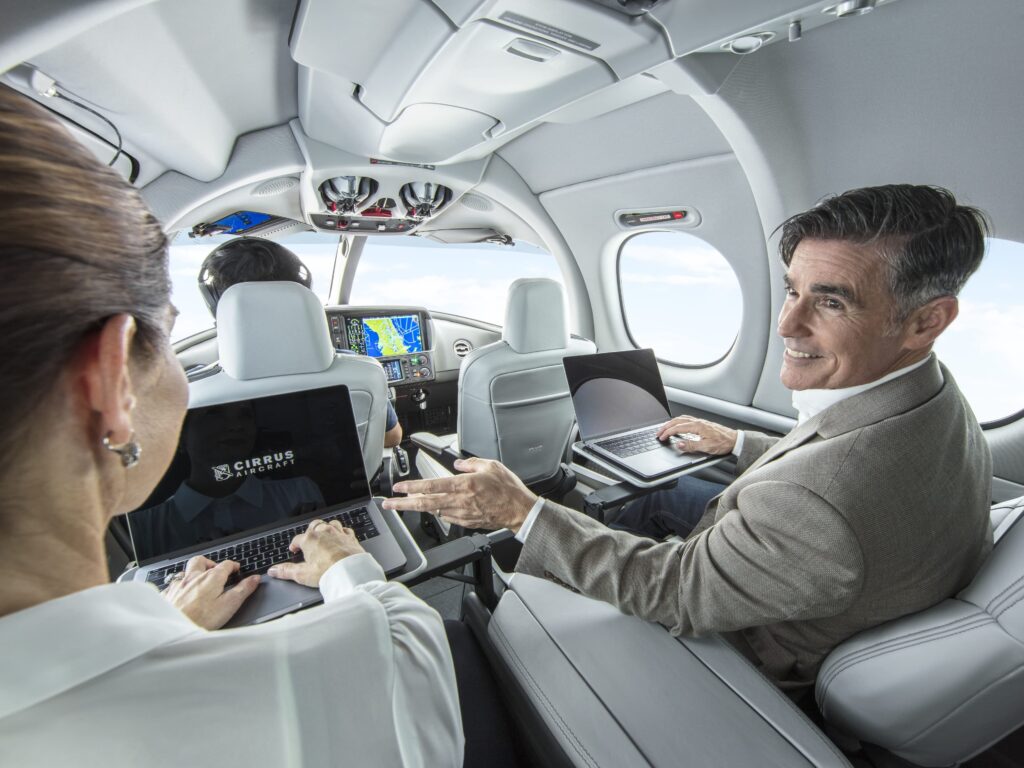COMMERCIAL
CERTIFICATE
GET A COMMERCIAL CERTIFICATE AT A TOP FLORIDA FLIGHT SCHOOL!
The Commercial Pilot Certificate lets you earn money for flying. What could be better than that? With a Commercial Pilot Certificate you can become qualified as an instructor, tow banners, crop dust, perform aerial surveys, and a number of other tasks. A commercial certificate doesn’t allow you to set yourself up as an air carrier, but it is a necessary step to becoming an airline or charter pilot.
Besides the obvious reason of wanting to further your aviation career, many pilots earn a commercial certificate simply to hone their skills and become better pilots. It may even lower your insurance rates.
WE’RE YOUR SOURCE FOR COMMERCIAL PILOT CERTIFICATE TRAINING
The Commercial Certificate is a fun one to get. It is focused on developing more precise control of the aircraft and learning how to go about flying in a more professional way. The flying itself includes performing most of the Private Pilot maneuvers to a higher standard, as well as new maneuvers such as Lazy 8’s, Chandelles, Eights on Pylons, Steep Spirals, and Power Off 180’s. Most people can accomplish the Commercial in about 12 hours of flight time.

FAA REQUIREMENTS FOR COMMERCIAL PILOT
- Be at least 18 years of age
- Hold a private pilot certificate
- Be able to read, speak, write, and understand the English language
- Accumulate and log a specified amount of training and experience; the following are part of the airplane single-engine land class rating requirements:
- If training under Part 61, at least 250 hours of piloting time including 20 hours of training with an instructor and 10 hours of solo flight, and other requirements including several cross-country flights, i.e., more than 50 NM from the departure airport (which include Day VFR and Night VFR 100 NM between points, with a time of at least two hours; also one solo cross country of at least 250 NM one way, 300 NM total distance, with landings at three airports) and both solo and instructor-accompanied night flights
- If training under Part 141, at least 120 hours of training time including 55 hours with an instructor and 10 hours of solo flight, and other requirements including several cross-country, solo, and night flights
- Pass a 100-question aeronautical knowledge written test
- Pass an oral test and flight test administered by an FAA inspector, FAA-designated examiner, or authorized check instructor
